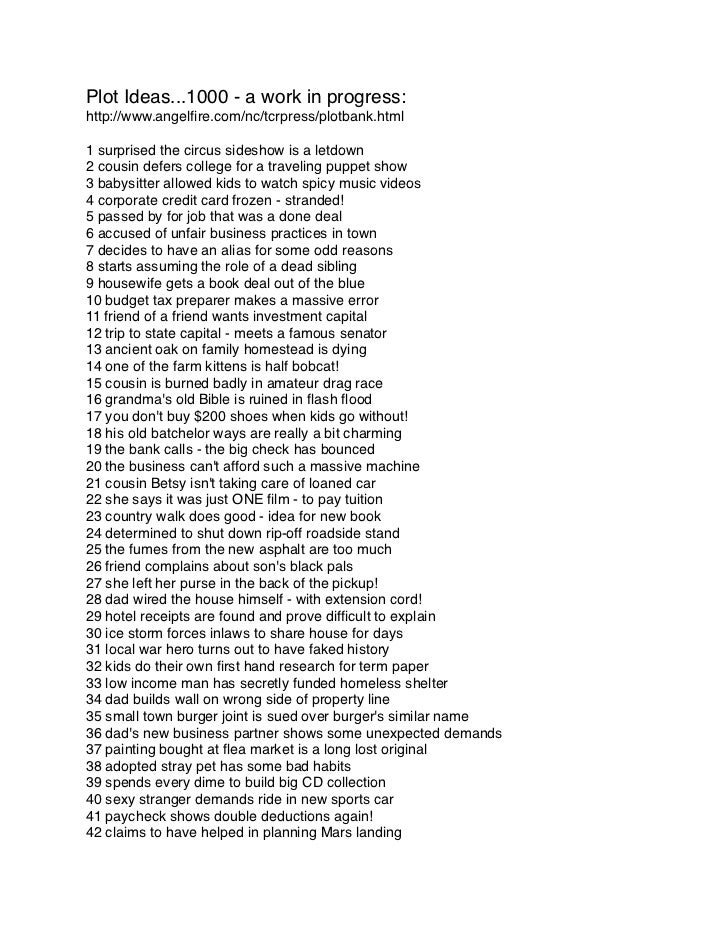Finding a Job
Finding a Job
First of all a belated thank you to the 100+ compliments I received in the last month.
There is a website called Wordle.net.
Go to a job posting copy the requirements and create your own Wordle.net cover. The more a word is repeated the larger it is shown graphically. Those are the words you use in the first part of your cover letter and resume.
Using the following job post:
Primary Duties and Responsibilities
– Manages three HR team members, overseeing their functional and project-based initiatives and supporting their professional development.
– Identifies, recommends and implements process improvements to integrate best practices in benefits administration and to simplify HR processes.
– Refines payroll administration controls, including providing back up support to the Payroll Administrator.
– Manages unemployment claims and trains Noble managers on IL unemployment law proceedings.
– Assists with HR investigations, disciplinary proceedings and other employee relations situations.
– Manages and supports all HR needs for select campuses, which includes performing new hire orientations, maintaining records for personnel transactions such as hires, promotions, transfers and terminations, etc.
– Provides leadership in analyzing and ensuring data integrity with employee data; compiles HR reports for internal uses and external requests.
– Identifies general employee development needs (for administrative staff only, not for teachers) and coordinates training to support business objectives. May also be involved in the design of custom training programs based on unique business requirements or organizational needs (e.g. employment law training for managers or customer service training for campus office staff).
The words: Manages, Training and HR are the largest. Therefore I would include those words when aligning your skillsets with the job.

Now let’s go to the next step:
Let’s discuss Requirements Analysis,or what I call Requirements Analysis.
Just some quick thoughts as many of you are asking I write more often. PleaTake a job posting. Highlight the key words.
Get a sheet of paper. Create two columns.
On left column list the bulleted items that the job posting lists.
On the right column, write why you think you are the perfect fit for each bulleted item.
Utilize the transferable skills that were discussed in the previous post. Before you know it, you can copy and paste what you have journaled and be that perfect candidate for many jobs.
Get out of the house, meet people one on one. Go to the library. Meet the Reference Librarian. Get familiar with EBSCO, Hoover Database and other business databases.
Here’s the same example utilized differently:
Assistant Director of Human Resources
Primary Duties and Responsibilities
– Manages three HR team members, overseeing their functional and project-based initiatives and supporting their professional development.
– Identifies, recommends and implements process improvements to integrate best practices in benefits administration and to simplify HR processes.
– Refines payroll administration controls, including providing back up support to the Payroll Administrator.
– Manages unemployment claims and trains Noble managers on IL unemployment law proceedings.
– Assists with HR investigations, disciplinary proceedings and other employee relations situations.
– Manages and supports all HR needs for select campuses, which includes performing new hire orientations, maintaining records for personnel transactions such as hires, promotions, transfers and terminations, etc.
– Provides leadership in analyzing and ensuring data integrity with employee data; compiles HR reports for internal uses and external requests.
– Identifies general employee development needs (for administrative staff only, not for teachers) and coordinates training to support business objectives. May also be involved in the design of custom training programs based on unique business requirements or organizational needs (e.g. employment law training for managers or customer service training for campus office staff).
Go over each item and ask yourself what have you done in the past, or what are you currently studying that would make you the perfect candidate? Remember a positive attitude, willingness to accept change, respect for yourself and others, being able to be a team player all count for something.
Happy job hunting.
Enabling students to be the best they can be in simple direct tutoring

